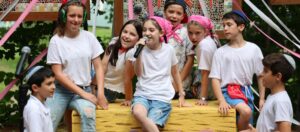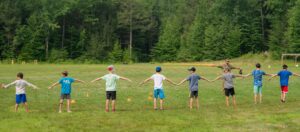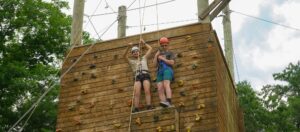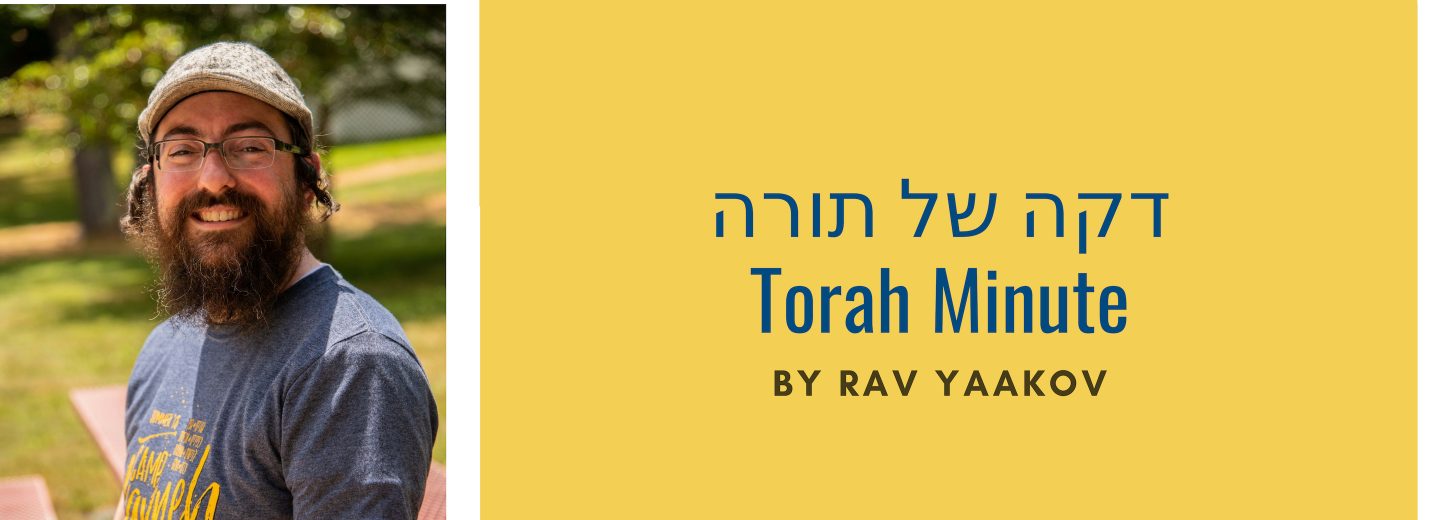The Inspiration of Nadav and Avihu
Central to this week’s parsha is the story of what happened to Nadav and Avihu, the sons of Aharon the Cohen Gadol. Immediately after the dedication of the Mishkan, when the Cohanim started performing their rituals on behalf of the Jewish people for the first time, the Torah says that Nadav and Avihu brought an offering that was a “strange fire” before God, and died. There is no other explanation given in the text.
This tragic and mystifying incident has been analyzed from many different angles over the generations of Torah commentary: Nadav and Avihu were drunk, they were acting inappropriately, their offering was inappropriate, etc.
One way this can be interpreted is that Nadav and Avihu both had a real drive to come close to God, but unfortunately their motivation was borne out of their ego and not done for the sake of God. That is what made their offering “strange,” it literally came from a different impetus than an authentic spiritual drive to perform their work as Cohanim in acting on behalf of the people. It was only about themselves, and not about God or the Jewish people.
Jews are often stereotyped as being spiritual seekers, and the truth is we can be found in centers of worship and learning in various traditions all over the world, from ashrams in the Far East to New Age movements in San Francisco. But the challenge is to engage in that spiritual seeking, to pursue that spiritual search, in a way that is authentic. It’s so easy otherwise to engage in cultural appropriation, to take and borrow a little bit from one culture and then another, more and more, until one ends up copying and mimicking other cultures and civilizations rather than delving into the depth of one’s own Jewish tradition.
In our days, weeks, lives, it’s an authentic form of Jewish spiritual seeking to be together in intense and intentional ways in our Jewish communities. The goal is not just to learn but to be a part of developing and continuing the reinvention of these authentically Jewish practices and forms of spirituality. And each of us has the opportunity to do this together each summer at Yavneh where we unite from all over our very different places and backgrounds in the community to participate in this collective reimagining of the Jewish process.
Questions for the Shabbat Table:
How has your own Jewish journey been inspired by other traditions and cultures?
How has being in intense and intentional Jewish community helped you develop spiritually?




